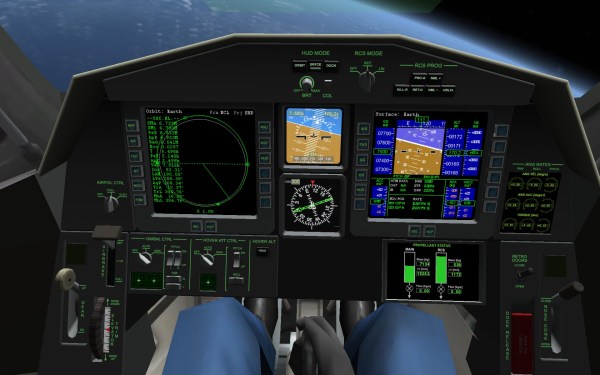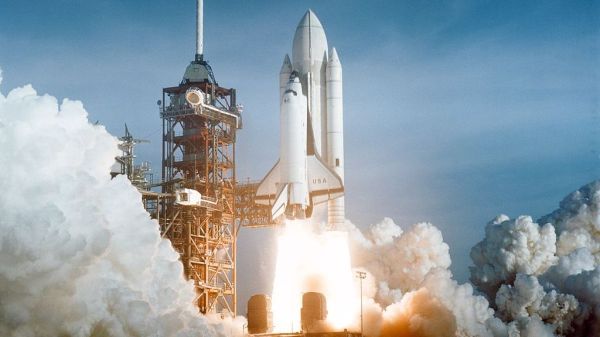Talk about playing on hard mode! The news this week was rife with stories about Palmer Luckey’s murder-modified VR headset, which ostensibly kills the wearer if their character dies in-game. The headset appears to have three shaped charges in the visor pointing right at the wearer’s frontal lobe, and would certainly do a dandy job of executing someone. In a blog post that we suspect was written with tongue planted firmly in cheek, Luckey, the co-founder of Oculus, describes that the interface from the helmet to the game is via optical sensors that watch the proceeding on the screen, and fire when a certain frequency of flashing red light is detected. He’s also talking about ways to prevent the removal of the headset once donned, in case someone wants to tickle the dragon’s tail and try to quickly rip off the headset as in-game death approaches. We’re pretty sure this isn’t serious, as Luckey himself suggested that it was more of an office art thing, but you never know what extremes a “three commas” net worth can push someone to.
There’s light at the end of the Raspberry Pi supply chain tunnel, as CEO Eben Upton announced that he foresees the Pi problems resolving completely by this time next year. Upton explains his position in the video embedded in the linked article, which is basically that the lingering effects of the pandemic should resolve themselves over the next few months, leading to normalization of inventory across all Pi models. That obviously has to be viewed with some skepticism; after all, nobody saw the supply chain issues coming in the first place, and there certainly could be another black swan event waiting for us that might cause a repeat performance. But it’s good to hear his optimism, as well as his vision for the future now that we’re at the ten-year anniversary of the first Pi’s release.













